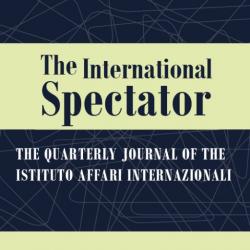Promoting Social Solidarity Economy in Tunisia: Neoliberal Assumptions and Missed Opportunities Within the Triple Nexus Discourse

Formally launched by the United Nations (UN) in 2016, the so-called Triple Nexus has been adopted by several international donors that have intervened in Tunisia since the fall of its authoritarian regime. Faced with the state's limited capacity to address critical post-revolutionary challenges such as escalating poverty and radicalisation, external actors – spanning multilateral, bilateral and non-governmental organisations – have endeavoured to tackle humanitarian, development and security issues to promote stability and support the fragile democratisation process in the country. In this context, Social Solidarity Economy (SSE) initiatives have gained prominence as a means to concurrently address diverse challenges associated with the ‘lack of social development’, including marginalisation and the absence of social cohesion – identified as catalysts for radicalisation and instability. In contrast with these stated objectives, fieldwork spanning 2015 to 2019 across various regions of Tunisia reveals that the international donor discourse on SSE, entrenched in a neoliberal approach and government securitisation strategies, exacerbates economic insecurity and amplifies marginalisation.
Keywords: triple-nexus; social solidarity economy; development; security; neoliberal approach
-
Details
The International Spectator, Vol. 59, No. 3, September 2024, p. 58-77 -
Issue
59/3 -
ISBN/ISSN/DOI:
10.1080/03932729.2024.2334741


